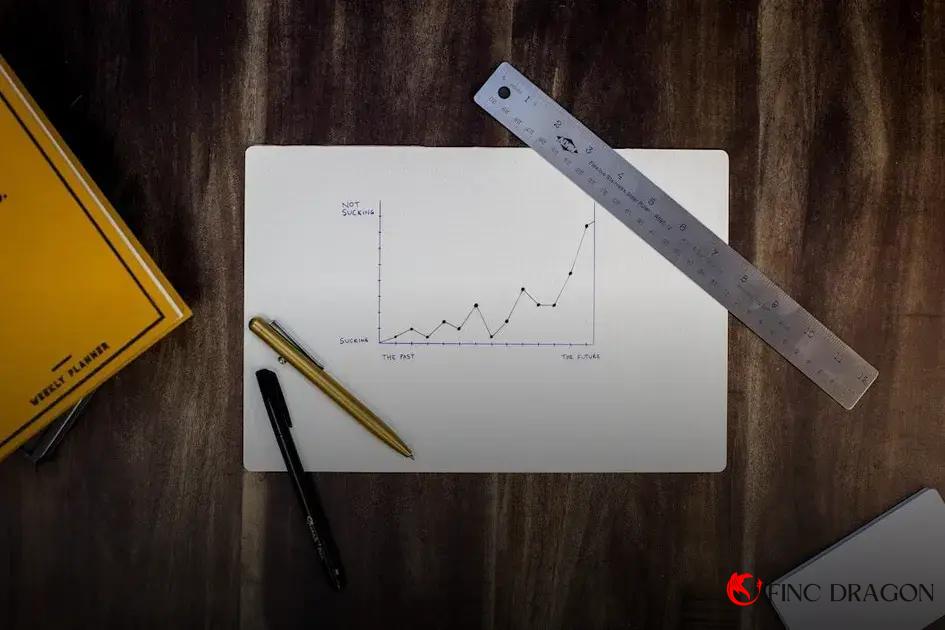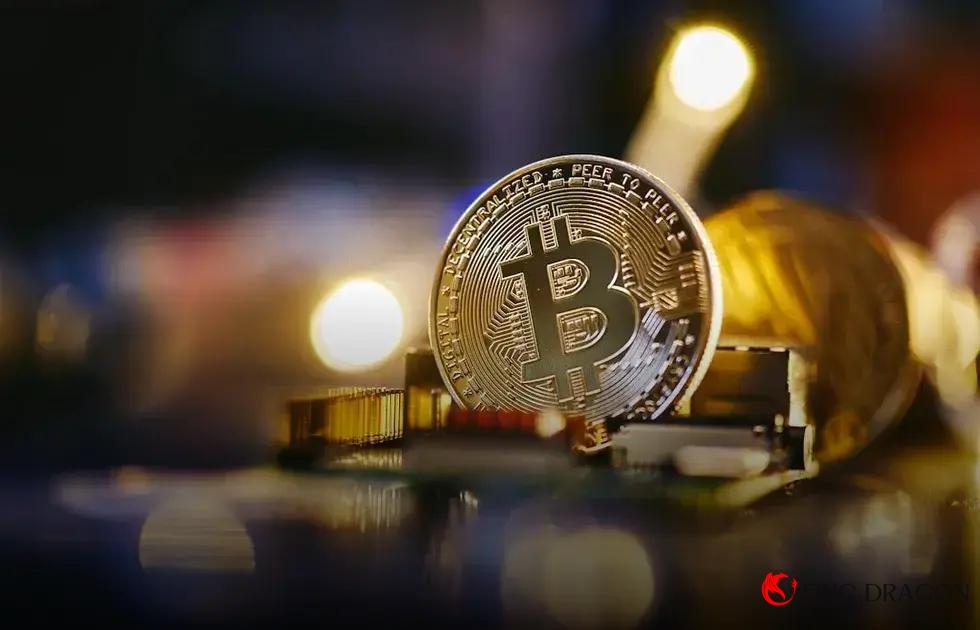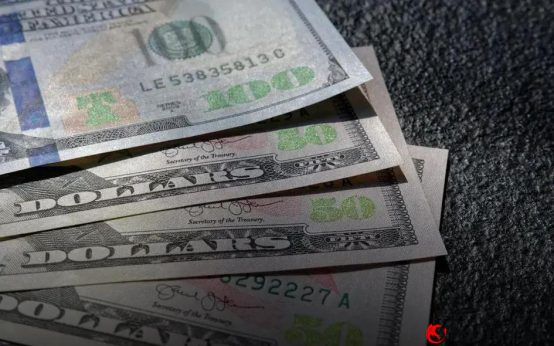The potential impact of the U.S. dollar losing its reserve currency status is a subject of growing speculation and concern. This scenario could have widespread economic repercussions, affecting everything from global markets to individual economies around the world. Understanding the full implications requires examining the current role of the dollar, the feasibility of alternatives, and how nations might adapt to such a dramatic shift.
Understanding the Role of Reserve Currency
The reserve currency plays a vital role in the global economy, facilitating international trade and investment. It acts as a secure and stable store of value that is trusted on a worldwide scale. Most countries hold significant amounts of reserve currencies to manage their international liabilities effectively and stabilize their domestic economies.
The U.S. dollar has been the dominant reserve currency for decades, providing unparalleled benefits to the United States, such as lower borrowing costs and increased international influence. When a country’s currency is chosen as the principal reserve currency, it often enhances the currency’s demand globally, leading to currency appreciation.
Governments and institutions prefer holding reserve currencies that are perceived to be stable and strong, which is why the U.S. dollar, with its credibility backed by a robust economy and political stability, maintains its preeminent status. The intricate network of global trade often revolves around the currency that has the broadest acceptability, ensuring smooth and risk-free transactions across borders.
This leads to several implications not only for the issuing country but also for the global financial system. For the issuing country, it allows access to cheap capital due to high demand for its currency in international markets. For the international community, it offers a mechanism for conducting trades securely, setting a foundation for efficient global commerce.
When considering the potential changes in reserve currency dynamics, it’s important to understand the balance of confidence held by international players in maintaining the status quo or opting for alternatives. This balance is crucial to the entire financial architecture, influencing policies and economic strategies worldwide.
Possible Scenarios if the Dollar Loses Its Status

If the U.S. dollar loses its reserve currency status, several scenarios could unfold. One possible outcome is the emergence of a new global leader in reserve currency, potentially the euro, the Chinese yuan, or even a cryptocurrency. This shift could result in a complex revaluation of international trade agreements and financial markets, altering how countries conduct business on a global scale.
Another scenario could be the rise in currency diversification, where countries choose to hold reserves in multiple currencies rather than relying on a single dominant one. This approach might help stabilize economies during periods of dollar fluctuations.
A further possibility involves the increased use of special drawing rights (SDRs) or even a new synthetic currency created by international organizations to replace or supplement the dollar. Such a change could enhance global economic stability but may also require extensive international cooperation and policy reforms.
These potential scenarios highlight the need for strategic monetary policies and proactive global collaboration to manage the transition and mitigate potential risks in a world without a single dominant currency.
Global Economic Impact of a Reserve Currency Shift
A shift in the global reserve currency has broad implications for international trade and finance. Global markets heavily rely on the reserve currency as a stable medium for international trade, safe-keeping of foreign exchange reserves, and an anchor for pegged currencies. If the U.S. dollar loses its status, countries worldwide may experience significant economic disruptions.
Trade Repercussions
A change in reserve currency could lead to costly adjustments in foreign exchange markets. Nations with high dollar-denominated debt may face payment challenges, leading to potential defaults and instability.
Impact on Currency Exchange
Exchange rates might become more volatile as investors and countries adjust to a new main currency. Such volatility can hinder economic planning and investments, especially in developing countries that depend heavily on stable exchange rates.
Influence on Financial Systems
As the central axis of financial transactions shifts, institutions like central banks and corporations would need to realign. SWIFT and other payment systems may need upgrades to manage multiple reserve currencies efficiently, affecting the global financial infrastructure.
Effects on Global Investment
The reallocation of forex reserves might impact international investments. Economies traditionally backed by significant U.S. dollar reserves may see a realignment of investment flows, leading to changes in interest rates and liquidity patterns globally.
Economic Stability
Nations with emerging economies may be particularly susceptible to economic shocks, needing substantial economic reforms to withstand the transition. An alternative reserve currency might alter the way global savings and investments are distributed, affecting long-term economic growth prospects.
How Countries Might React to a New Reserve Currency

If the U.S. dollar were to lose its reserve status, the shift could bring about numerous reactions from countries worldwide. The advent of a new reserve currency would force many nations to reconsider their current financial strategies and adapt to potential changes in global trade dynamics.
Firstly, countries with economies heavily tied to the U.S. dollar might experience the most immediate impacts. Nations in this category could reevaluate their foreign exchange reserves and start reallocating investments into the new reserve currency, hoping to hedge against any possible volatility.
Furthermore, governments would likelyhold strategic discussions regarding their trade agreements, ensuring they remain favorable under the new reserve currency regime. These talks could lead to the strengthening of regional alliances as countries seek economic stability.
In developing economies, the transition might trigger challenges due to existing debt mostly denominated in dollars. Those nations could feel an increased financial burden, which might push them to negotiate new terms or to seek assistance from international financial organizations.
Moreover, there might be a surge in multilateral collaborations as countries unite to manage potential economic uncertainties. These alliances could aim to stabilize their economies and explore new trade routes or partnerships.





